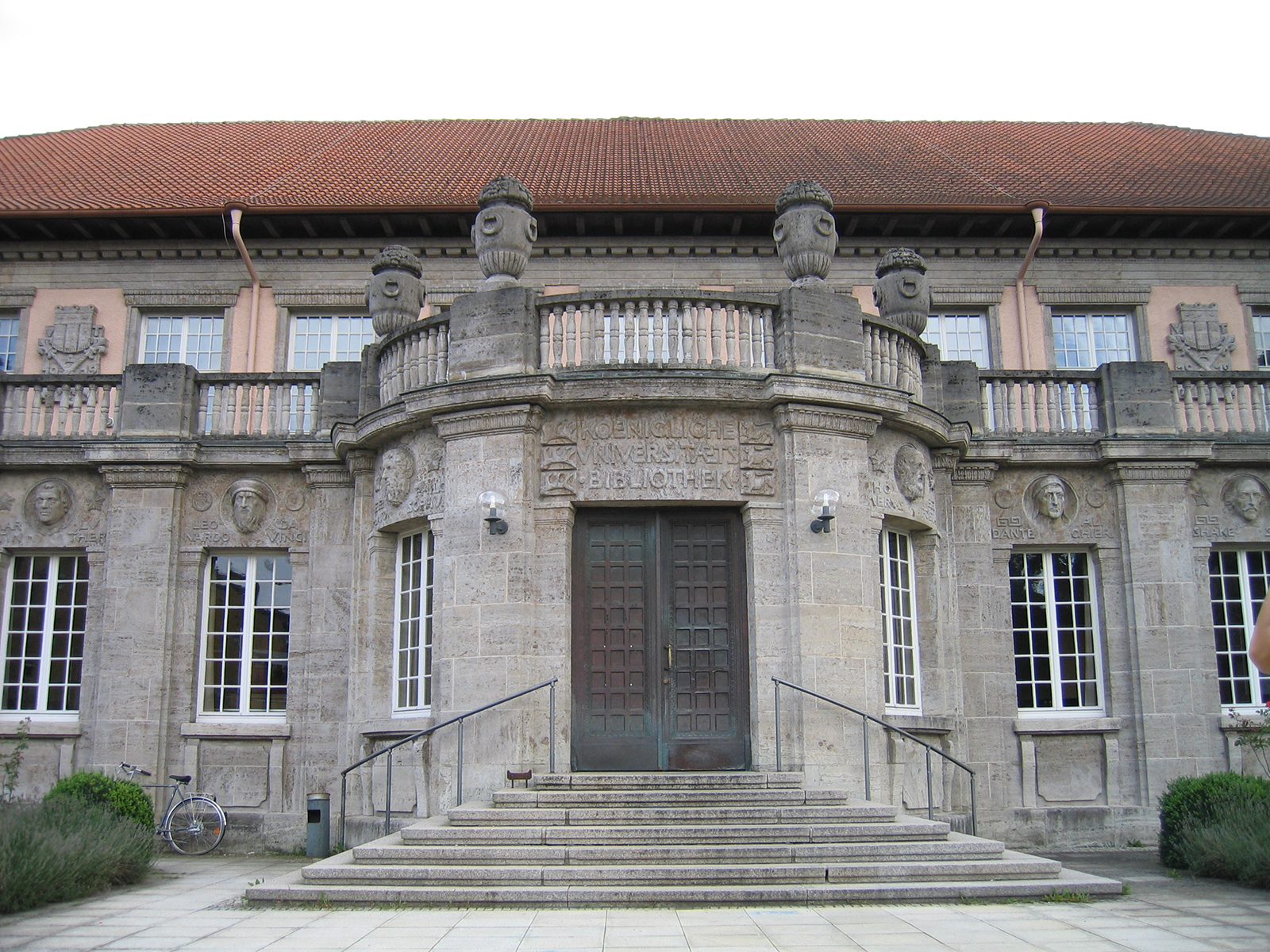University of Tübingen: The University’s Center for Islamic Theology celebrates its anniversary
The Center for Islamic Theology (ZITh) at the University of Tübingen celebrated its tenth anniversary on Thursday. In 2011, the university was the first university in Germany to found a center for Islamic theology. In the 2011/12 winter semester, the courses for the bachelor’s degree in “Islamic Theology” began. Because of the corona pandemic, the anniversary ceremony could only take place this week.
When the center started in 2011, 24 students were enrolled at the ZITh. The number of students has risen to over 200 to date, two thirds of whom are women. The course qualifies you for a teaching post at grammar schools, for pastoral care in hospitals, for example, for an academic career or related activities.
“The Center for Islamic Theology is doing pioneering work for the establishment of Islamic theology in the German academic system – for the training of young academics as well as for the training of future teachers for Islamic religious education. It carries the interreligious dialogue, which we urgently need in our society, into schools and society,” said Petra Olschowski, State Secretary in the Baden-Württemberg Ministry for Science, Research and the Arts, at the anniversary celebration.
The center currently offers a total of six courses: “Islamic Theology” as a Bachelor and “Islamic Religious Education for Teaching” as a Bachelor and Master, as well as the Master’s courses “Islamic Theology in a European Context” and “Islamic Practical Theology for Pastoral Care and Social Work “. In cooperation with the Catholic and the Protestant theological faculty, the ZITh has developed the master’s degree “Interreligious Theologies – Interfaith Studies”. He underlines the importance of interreligious dialogue at the University of Tübingen.
40 employees work at the center’s seven chairs, 25 of whom are doctoral students and postdocs, some of whom were trained at the ZITh themselves. Erasmus partnerships exist with ten universities. Through the interreligious research project “Shared Beliefs”, connections to universities in Strasbourg, Basel, Freiburg and the Heidelberg University for Jewish Studies have been established.
“Over the course of ten years, the Center for Islamic Theology has developed into an internationally renowned training and research institution. Last but not least, the proximity to the two Christian theological faculties and to secular Islamic Studies in Tübingen contributed to this,” said Professor Bernd Engler, rector of the university. “The university regards the establishment of Islamic theology at German universities as an important contribution to interreligious dialogue and the peaceful coexistence of religions.”
Professor Erdal Toprakyaran, Executive Director of the ZITh, pointed out that Islamic and Christian theology have something in common: “Theology is a denominational science and needs a well-founded, critical and differentiated basic attitude. Our students learn the internationally and interdisciplinary recognized methods.”
In the Islamic world, among other things, the academic training in pastoral care at the ZITh is observed with interest. “Pastoral workers in the Arab world mostly come from family or community, not from the university,” said the academic coordinator of the Center for Islamic Theology, Dr. Abdelaali El-Maghraoui. It was not until July 2022 that a delegation from Morocco visited Tübingen to get an idea of the training here.
The founding of the center was preceded by the recommendation of the Science Council in 2010 to create the institutional prerequisites for the Islamic faith and religious practice to be adequately taken into account in the Federal Republic of Germany”. As the largest non-Christian religious community in Germany, the four million Muslims in Germany wanted a recognized place for their religious and cultural orientation.
The Federal Ministry of Education and Research (BMBF) then advertised funding for the establishment of four centers for Islamic theology in Germany. In addition to Tübingen, other centers were established at the universities of Münster/Osnabrück, Frankfurt/Giessen and Erlangen/Nuremberg. The construction of the center in Tübingen was made possible by the support of the federal government, which funded the project with a total of 6.6 million euros. In 2021, the state of Baden-Württemberg took over the further financing of all federal government agencies. The state of Baden-Württemberg has supported the center with 10.1 million euros since it was founded.
Also on the recommendation of the Science Council, the University of Tübingen convened an advisory board. He assists the center with questions related to confession, similar to how the Christian churches assist the theological faculties. The Advisory Board consists of seven members who are appointed by the rector of the university. The Turkish-Islamic Union of the Institute for Religions (DITIB), the Islamic Community of Bosniaks in Germany (IGBD) and the State Association of Islamic Cultural Centers (VIKZ) have the right to nominate candidates. The Advisory Board must also approve the appointment of professors. “The cooperation was very good right from the start and characterized by great mutual trust,” said Rector Bernd Engler.
The university and the state of Baden-Württemberg have successfully established a cooperation model for the appointment of professors who are involved in the training of teachers for Sunni-style Islamic religious education: Since 2020, the Sunni School Council Foundation has been deciding on the granting of teaching permits for teachers in the teacher training courses, together with the advisory board of the Tübingen center.
In 2023, the ZITh will move to a new building in the immediate vicinity of the two faculties for Catholic and Protestant theology. The three institutions then together form the “Campus of theologies” at the University of Tübingen.

